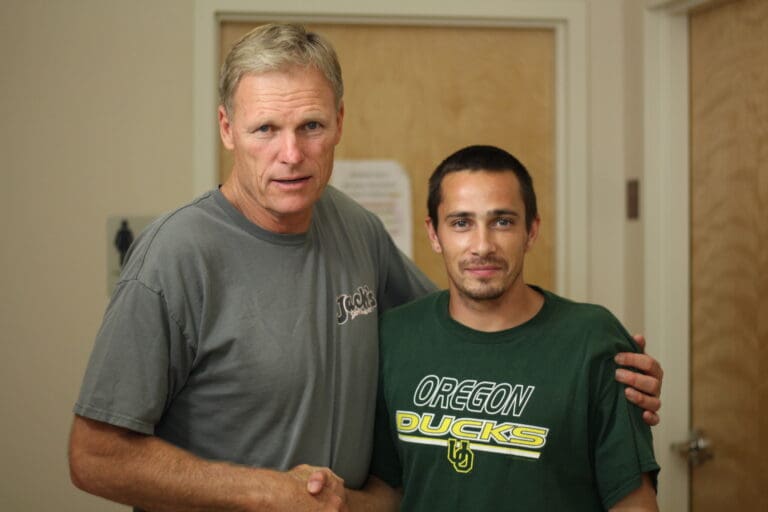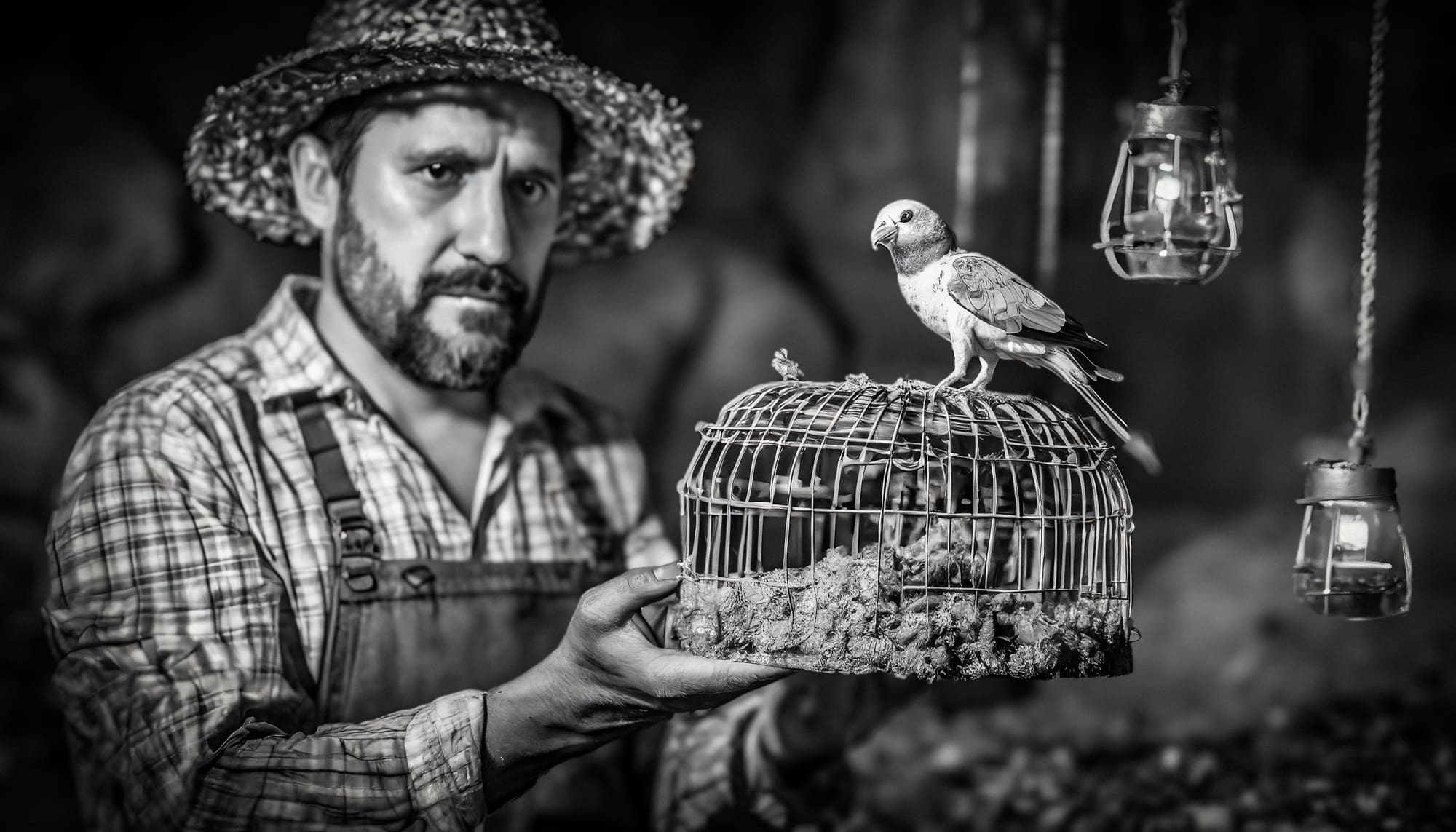In the same way that miners used to use a bird in a cage to determine the breathability of the air in a mineshaft, the quality of relationships you have and are able to keep will be a good determiner of your readiness for independence. If the bird in the cage dies the mine is no longer safe for humans to work in. So, when basic relationships are difficult or even impossible to maintain, shunning will eventually result, and this will always lead to a loss of independence. The odd irony is that no one remains independent… independently. While most people easily recognize the value of primary relationships such as a spouse, children, parents, and siblings, we often overlook and undervalue the roles that secondary relationships play.

Secondary relationships (for lack of a better term) are supporting roles to virtually every other relationship. These include relationships like employers, landlords, neighbors, extended family members, in-laws, and such. The simple fact is that when we disregard or behave in ways that destroy these secondary relationships, our primary ones will surely fall apart in very short order. If we’re going to develop or heal any of our primary relationships, we have to start by demonstrating that we value our secondary ones. Success in the small things will develop trust and produce huge results in the more important ones.
Laura’s Story
Laura came into the mission with two small children in tow. She looked like neither she nor her children had bathed in a week but had done a moderate job of covering things up. Her toddler was in a stroller and her 6-year-old was quietly playing with a doll on the floor. Laura begins her story by raging about the toddler’s father for not paying child support and being in jail for drug distribution. When asked about the possibility of her staying with family she explains that “her judgmental family hates her because she’s relapsed so much and that they are just not an option.”
“What about friends?” She replies that she really doesn’t have any and that she finds it hard to get close to people. In her words, “I have trust issues. I don’t know… I guess I have kind of… social anxiety disorder or something. I have applied for disability.”
“Ok, so tell me where you and your kids have been staying before coming here?” we ask. “Well… we stayed the last couple of nights in my car, but before that we had an apartment. The landlord kicked us out because my kids were too noisy for the neighbors, and I was going to be late on rent again. Yeah, I was only able to take what I could fit in the trunk of my car, so we just left everything and decided to give the Mission a try. Besides that, DHS told me that if we didn’t get out of the car they would take my kids from me. So, I told them just like I told the landlord that they could fu*% off and that I was going to the Mission, and here I am.”
Laura’s troubles were so layered that it might seem hard to know where to begin. One thing that was easy to spot was how utterly dysfunctional she was with all of her relationships. You could hand her a million dollars in cash and, if she was never forced to receive help with her relationship skills, guarantee that she would be back on the streets within one year. Unfortunately, her story is all too common among those who come to a Mission, looking for help. Seeing herself as some kind of victim of everyone else (her deadbeat boyfriend, her judgmental parents, her landlord, her neighbors, DHS, etc.,), she has learned to blame-shift and never consider her own poor relationship skills as the most likely culprit.
Never solving the problem, the medical community will gladly give her psychiatric medications, and the government will eventually give her just barely enough money to survive. She will check nearly any box except the one that says “homeless by choice” when it comes time to take part in the HUD Point in Time count. Our communities across the country sit back and scratch their heads in city council meetings puzzling over “why there are so many homeless in our town.” Meanwhile the Laura’s of the world are so lonely, desperate, anxious, and afraid, that they will likely go right back to drugs and alcohol just to stay calm and find release from the tension for a moment. What she really needs is to learn how to make and keep proper relationships. If she paid attention to this canary she could recognize when she has become socially toxic and in need of help.
Sadly, Laura’s story isn’t some obscure but memorable oddity. Her story reflects a large portion of the thousands of men and women that my staff and I have come across at the Gospel Rescue Mission. Among those folks that would never set foot into a mission for fear of rules, religion, and social anxiety, stories like hers are even more common. Unless and until we recognize that a person’s inability to maintain secondary, seemingly less critical relationships is a warning sign that they are utterly dysfunctional with their primary and most important relationships, we are missing tremendous opportunity.
By: Brian Bouteller, Executive Director

